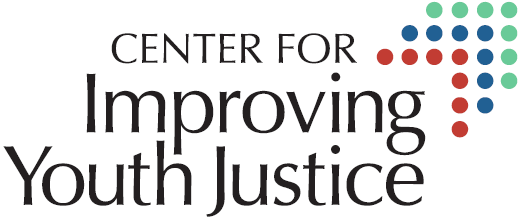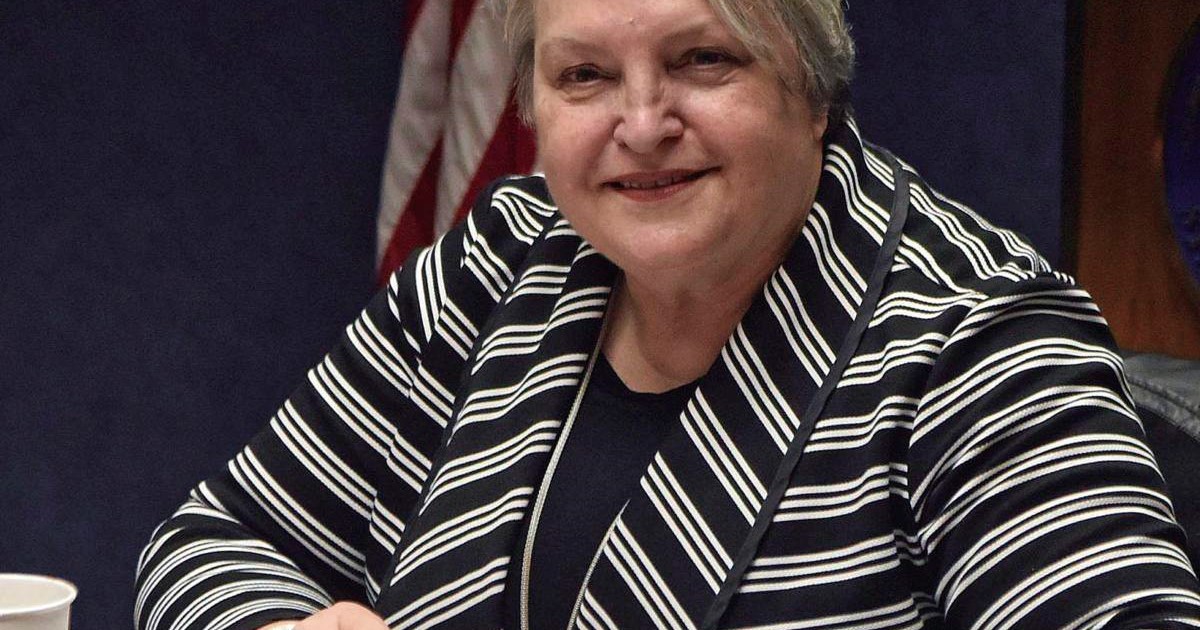Lisa Bjergaard is pointed to as the longest serving current director of a state juvenile justice agency with 15 years as the leader of the North Dakota Division of Juvenile Services. She’s done it by doing her best to do the “right” thing – and had a few instances when she thought that might have cost her her job. Her ethic to be truthful to herself and others is not always easy, but essential in establishing confidence, trust and respect in moving towards a juvenile justice system that is fair.
Born and raised on a farm in northwestern North Dakota, Lisa grew up working in the family farming business ― as farm families do ― doing everything from operating heavy machinery to working with livestock.
“We of course were 4-H kids,” Lisa describes. For those who don’t know, the four H’s stand for Head, Heart, Hands and Health ― a youth leadership initiative that began in the early 1900s in rural schools or through “Farmers’ Institutes” much like Boy and Girl Scouts, but as Lisa says, “in those days 4-H was more rural, and the ‘town kids’ were Scouts.”
Work was not 9-5, it was around the clock.
Farm work was always part of the package but Lisa also looked for work elsewhere. Her first job was in 7th grade, helping during lunch preparation and clean up in the school kitchen for $5 a month.
I had started driving when I was nine and could drive legally on roadways when I was 14, but this was a sort of “farm permit” kind of driving that was allowed just for farm kids who were working on the family farm, hauling grain or moving equipment. So when I was 16 and had a regular driver’s license, I picked up an evening job working as a waitress at a local truck stop that sold gas, diesel, did some mechanical work and had an attached cafe. I remember that I had to hurry home from school and get my chores on the farm done so that I could get cleaned up and out to work by 6 pm. I worked from 6-11 pm.
College was unusual.
“I attended a very small school in a very small town; there were 10 in my graduating class.” Two of them attended college ― one finished a four-year degree but didn’t work professionally and the other was Lisa. “There were three girls in my family. We all finished bachelors and master’s degrees, which was very unusual for families in that part of rural America. I am not telling you this because it was an achievement. Mostly, it just made us weird.”
After college, she married a boy from her high school class and raised five kids ― four boys and one girl ― “who are of course the best kids in the world,” and she started working with youths.
“Both my husband and I worked for most of our careers in the field of corrections. I started working with youths while I was an undergraduate ― so I would have been about 19 years old ― and went on to work with justice-involved youths after graduation. The undergraduate work was mostly volunteer; I lived in the Minneapolis area and worked with delinquent youth in a residential setting for about five years before moving back to North Dakota where I worked with kids and moms in a domestic violence shelter.”
In 1989, the North Dakota legislature created the Department of Corrections and Rehabilitation. Lisa became a community based juvenile corrections case manager for the new state agency and moved up through the ranks.
“I was interviewed and hired by Al Lick, the newly-appointed director of the new juvenile services division.” He was to become her sounding board and voice of reason for much of her career.
“I was a case manager for four years or so, then became a regional manager when those positions were created and oversaw the daily community-based operations for the eastern half of North Dakota. Al retired in 2006 and I was chosen to replace him as the division director.” She was required to move to Bismarck, home of the state capitol, when she became the director.
Over the years and with all the knowledge she amassed, she has come to the conclusion that choosing thoughts and actions based on values is what matters.
Over the course of 40-some years Lisa has had a lot of “moments” that have inspired and challenged her and given her pause for reflection. “I think that who I am ― or maybe how I am ― in the workplace has evolved. I always thought that being honest and truthful and doing my best to take the right course of action was important, but this was more of an aspiration when I was young. I now regard it as an essential way of working.” The lesson she learned growing up that: “Your integrity is all you really own and can control” was challenging to put into practice. There were times when Lisa realized that doing the right thing may very well cost her, her job and she was the chief breadwinner for her family.
“I remember at one point I was pretty sure that I was not going to have a job the next morning. I called Al, [remember Al Lick, her sounding board] and I remember him telling me that if I had to compromise my integrity in order to keep my job, I had better be weighing up how long I thought I could live that way. That conversation helped me find the courage to quietly but firmly continue to assert my position.” Standing by her principles of fairness, honesty and doing the right thing has been the bedrock of Lisa’s career and served her well.
She has sage advice for creating the change you want to see.
“If you see unprofessional conduct and you do not confront it, you have just set a new standard.” In other words, the standard you walk past, is the standard you accept. One of her “very favorite, favorite quotes” is plastered all over the North Dakota’s youth facilities: “In this place and with these people, I feel safe.” She says: “This is a fabulous quote for spaces where youths live and play, but it represents a great tone to set in any workplace culture, in my opinion.”
So what advice would she offer young women starting their careers?
“Take your time. It takes awhile to establish your work record and your reputation. Better to be in it for the long haul than to be remembered as a flash in the pan. Your career will be developmental ― just like life is. Just like you can’t skip past a developmental stage of life, you can’t skip steps in your career.”

